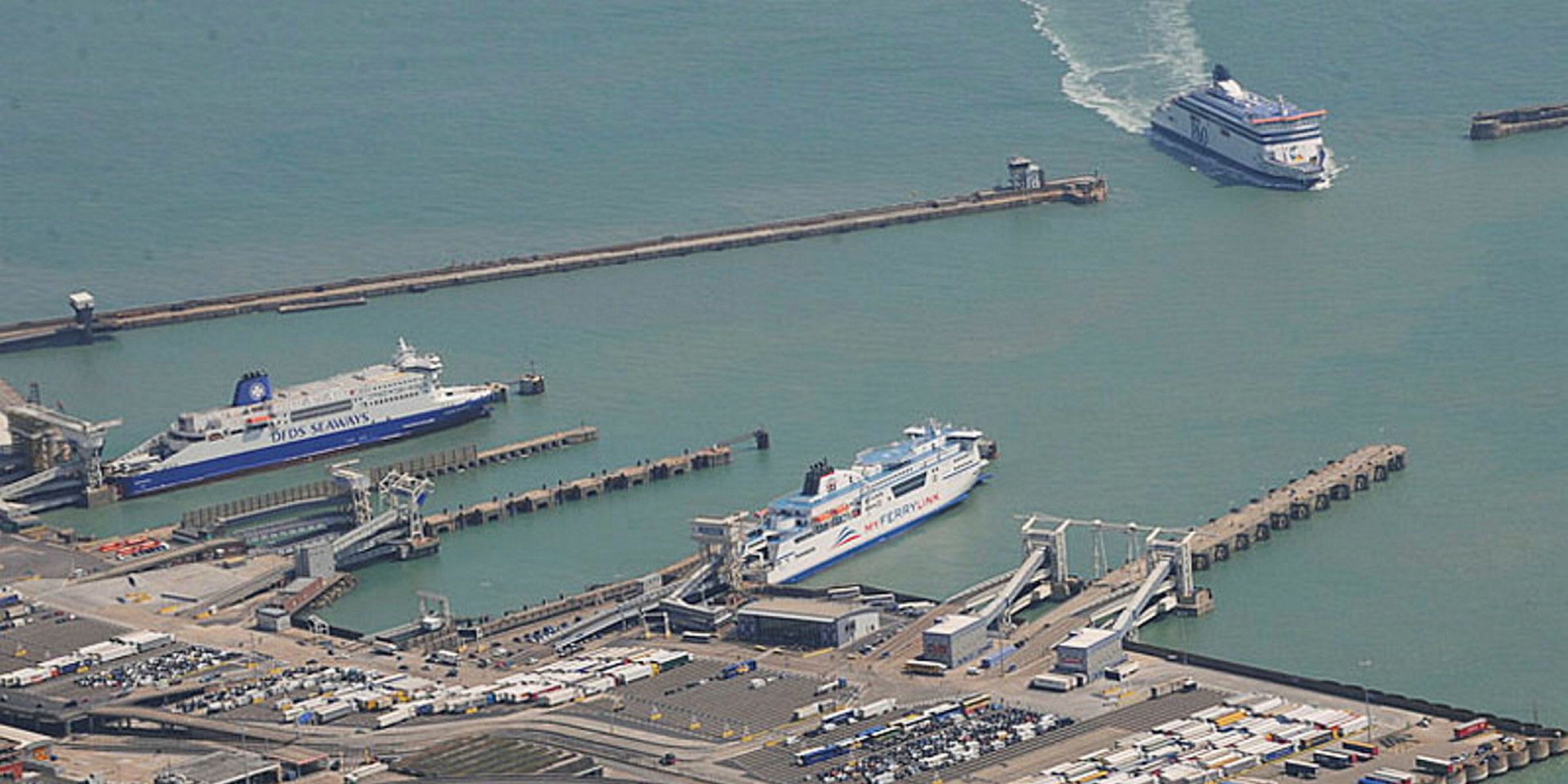The British Ports Association (BPA) has called for Brexit negotiators to replicate the terms of today's cross-border Irish agreement for the rest of the UK.
The UK and the European Union (EU) have struck a deal that pledges to maintain full alignment for Northern Ireland with elements of the EU single market and customs union mentioned in the Good Friday agreement, even if no trade deal emerges before next year.
The BPA said it is now looking for cross-border trade solutions after the Brussels agreement allowed talks to move on to trade.
Chief executive Richard Ballantyne welcomed the deal and called for a focus on overcoming border disruption and the introduction of non-tariff barriers as part of any free trade negotiations.
Ballantyne said: “The announcement is reassuring for ports and we welcome the move to the next phase of the Brexit negotiations.
"There is a still a long way to go of course and we remain concerned that new customs requirements could cause particular challenges for roll-on roll-off ferry ports which handle tens of thousands HGVs travelling between the UK and the EU each day. We await the new stages with much interest.
"We would encourage both sides to explore options that ensure the cross border solution for the Irish land border is replicated elsewhere in the UK. This would enable trade with Europe to pass as smoothly as possible through our ports.”
The BPA said it is not a political organisation and took no side in the Brexit referendum.
However, ports have been at the forefront of discussions when policy makers in the UK and the EU have been examining the potential consequences of leaving the EU, it added.
The impacts of leaving the EU customs union and single market could be "substantial", it warned.
"The prospect of customs and bureaucratic checks at the border could potentially create congestion and delays at certain ports adding costs for traders, manufacturers and consumers. Today’s agreement means that the UK is moving towards an agreement which could limit but not totally rule out these impacts," it said.
About 95% of the UK’s international trade – imports and exports – is carried through its ports, which also handle more than 60m passenger journeys each year.
UK ports directly employ around 101,000 people, often in areas of high inequality and unemployment.
Maritime UK: aim for "frictionless" trading
David Dingle, chairman of Maritime UK, said: “Negotiators may have cut it fine, but industry will welcome the fact that we can now progress to the most important stage of the negotiations: discussing our future relations.”
“We’re pleased that the political drama of recent days has given way to a pragmatic and flexible agreement and hope this remains the basis for future discussions.
“Industry will continue to work closely with officials and ministers to ensure the interests of the entire maritime sector are understood.”
He added: “It remains our aim that we secure as frictionless a trading relationship as possible. This is in the interests of both sides of the Channel."
Maritime UK wants to see the UK continue both its current economic participation and form in the single market and customs union during a transitional period as the simplest way to secure continuity, stability and certainly for industry.
This period period should last until a new deal is in force, and serve as a vehicle to properly transition to the new terms set out in the new deal, it said.
It also wants the UK to retain some form of influence over EU rules and regulations developed during this time,



